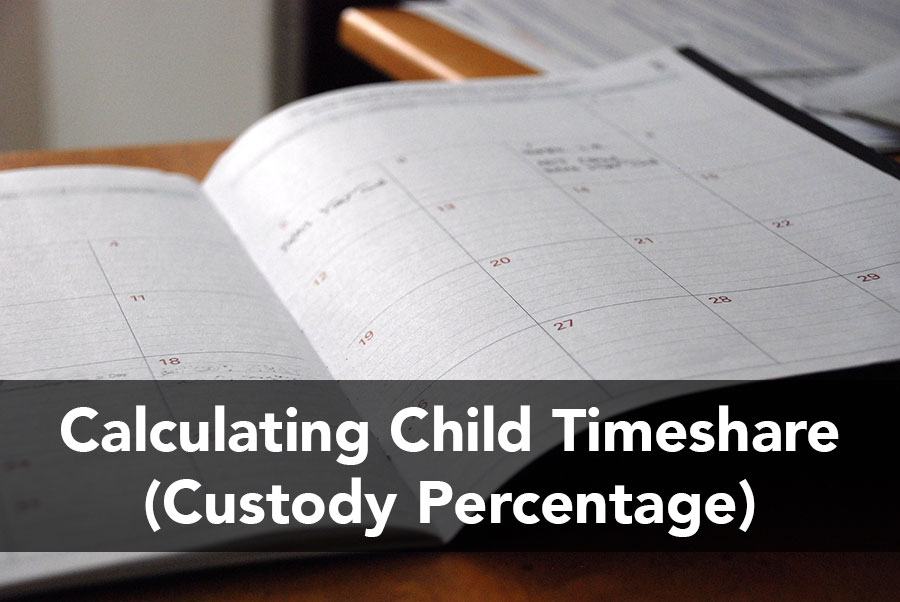Court Ordered Counseling in California Child Custody Cases
The purpose of this article is to help you understand the circumstances under which a California Family Law court will order mandatory counseling. We’ll detail the findings the court must make, along with your options as they relate to the order.
When there is a disagreement between parents related to child custody or visitation, the court can order them to participate in sessions with a licensed mental health practitioner or other similar type of counseling service. Typically, this occurs after family law attorneys (along with the two parents) are unable to reach resolution without court intervention. The court, once involved, may order mediation for the parents, and if unsuccessful, ordered counseling. This counseling can be required for up to a full year, and the idea is to promote effective parenting and communication between the parents and the child. The underlying goal is to ensure the best interests of the child are met. Family law judges and courts frown upon disputes over custody and visitation, so the goal of ordered counseling is to minimize conflict.
The order for counseling cannot be implemented by the court unless it is determined that there is a substantial danger to the best interests of child. The court must arrive at detailed findings and specifically state the reasons that counseling is required. Some of the factors taken into consideration include any history of domestic violence between the parents, between the child and either parent, or between the child and another individual who might be included in the custody dispute. In our experience, this is usually a relative – grandparent, aunt, uncle, etc.
In order for the domestic violence incident(s) to be applicable to the case, the court will normally go back within the past 5 years. In situations where there has been actual physical, emotional, or sexual abuse by either parent against the child and a protective order (such as a family or criminal law order) is in place, the court will order separate counseling sessions for the abuser and child to ensure no contact between them is made.
There are exceptions to this rule, however, and the more severe the harm to the child, the less likely the court will place the two together in counseling sessions. It’s rare that victims of severe emotional or physical abuse are able to be in the presence of their abuser during counseling sessions, let alone to feel the ability to speak candidly about the incidents. Experienced family law attorneys are diligent to ensure that the family court is aware of the abuse before counseling is ordered. If abuse is present in your custody or visitation dispute, feel free to contact us for guidance.
A valid question that we are always asked when court ordered counseling is on the table relates to the cost of counseling; specifically, how the court or judge divides the costs. The answer: The cost division is solely left up to the court. If the court determines there is a financial hardship created by the counseling order, the hardship can be leveled by ordering one party to pay for counseling. In most cases, the court divides the counseling fees halfway unless there is a strong reason for a different split. If the court is going to put the cost burden on one of the parents, an explanation is required. With that in mind, it’s important that you have a current income & expense declaration on file (Form FL-150). If you need assistance or have questions on this form, feel free to contact one of our family law attorneys.
Before the counseling order is complete, the court can hear requests from either parent to continue the counseling. If not completed, the court can entertain requests from either parent to change the counselor or modify the terms. Courts generally do not like to make modifications after counseling is in place unless there’s a strong reason to do so. It’s rare that a family court will modify a counseling order without feedback from the counselor, so experienced family law attorneys usually won’t submit modification requests without first communicating with the counselor to ensure that the request has substantial reasoning behind it.
It’s always recommended to maintain open lines of communication with your family law attorney, especially when it comes to court ordered counseling. Your goal will be to illustrate your position on why counseling would or wouldn’t be in the best interest of the child (or children) as a means toward reducing conflict between the parties involved. Again, if you have any questions related to the information here, don’t hesitate to reach out to us for a free consultation.





